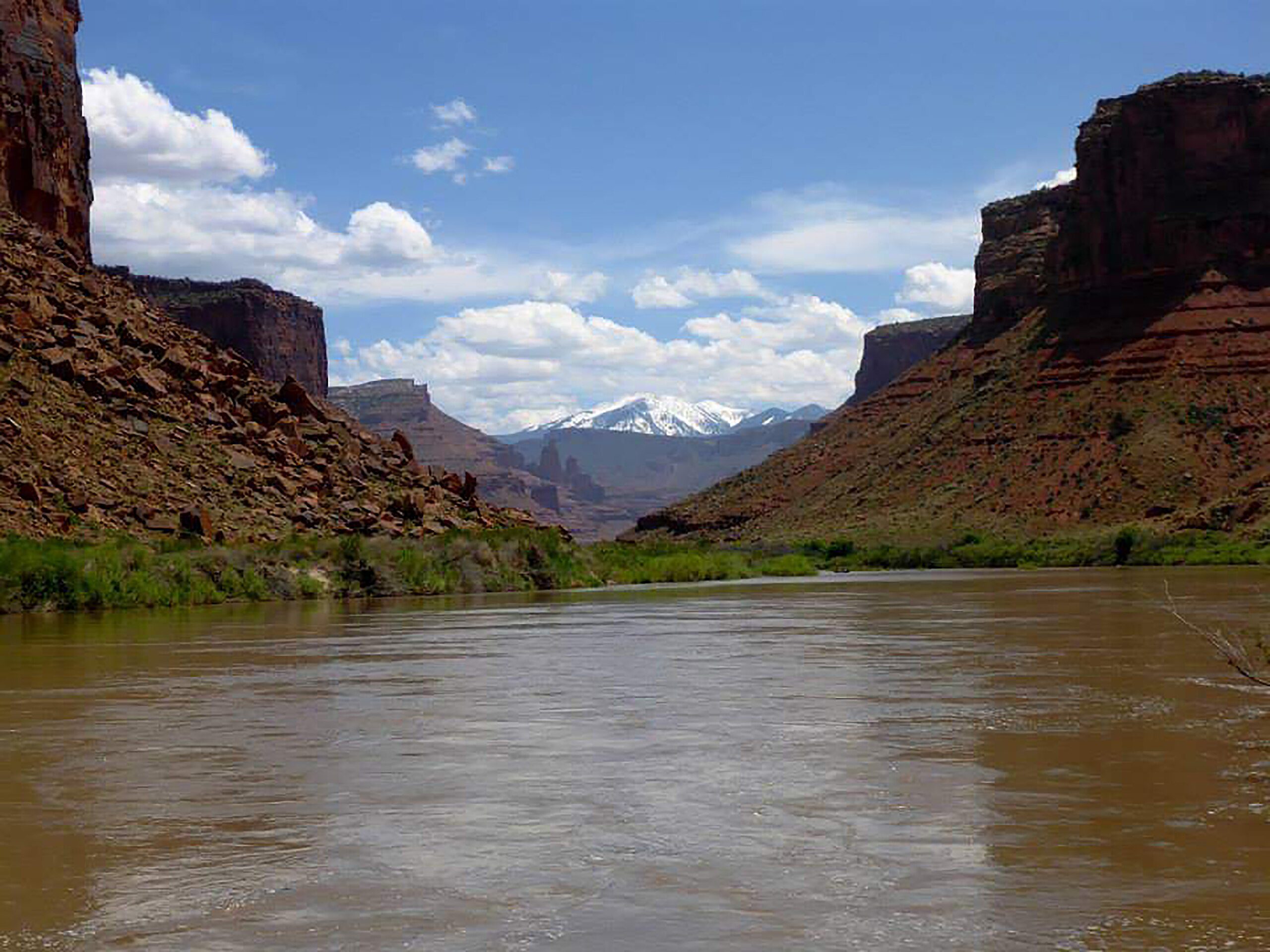- Bureau of Reclamation updates Colorado River System Consumptive Uses and Losses Report.
- Recalculated data covers 1971 to 2015 in the lower system and 1971 to 2023 in the upper system.
- Updated data uses consistent methodologies to improve accuracy.
- Recalculated data shows similar trends to previously-published data.
June 10, 2024 — The Bureau of Reclamation last week released an updated Colorado River System Consumptive Uses and Losses Report using recalculated data. The report presents estimates for calendar years 1971 to 2015 in the lower system and 1971 to 2023 in the upper system. Reclamation developed the updated data using consistent and current methodologies within each basin to improve the accuracy of the data across years and between reports.
using recalculated data. The report presents estimates for calendar years 1971 to 2015 in the lower system and 1971 to 2023 in the upper system. Reclamation developed the updated data using consistent and current methodologies within each basin to improve the accuracy of the data across years and between reports.
Why is this important?
“Information quality and best engineering and science are paramount. Knowing how much water is used and for what purposes is central to sound water resource management,” said Reclamation Deputy Commissioner David Palumbo last week. Reclamation plans to use the information in the consumptive uses and losses reports as a data source as it manages regional water operations and to improve the agency’s modeling efforts.
last week. Reclamation plans to use the information in the consumptive uses and losses reports as a data source as it manages regional water operations and to improve the agency’s modeling efforts.
Two key reports on Colorado River water use.
For the Colorado River System, Reclamation develops two water-use reports:
- The Water Accounting Report tracks how much water is diverted, returned, and consumed from the mainstem of the lower Colorado River. This information is provided by individual water users in Arizona, California, and Nevada.
- The Consumptive Uses and Losses Report estimates how much water is used and lost within the entire Colorado River System each year. It’s the only federal report that covers water use in both the Upper and Lower Colorado River Systems. The report uses data from the Water Accounting Report and estimates water used or lost due to human activities in all tributaries of the Colorado River System. Instead of reporting by individual users, this report estimates water use by sectors, such as agriculture, municipal and industrial use, and evaporation.
Inconsistent data across reports.
Reclamation’s five-year production of Colorado River System annual consumptive uses and losses is consistent with the Colorado River Basin Project Act of 1968. Reclamation modified the data sources and changed and improved data calculation methods for each five-year report. Over time, this has resulted in inconsistencies across the reports when viewed continuously. More consistent data was produced by re-computing the data from 1971 forward in the lower system and as appropriate from 1971 forward in the upper system and using standardized methods. These updates improve analysis and modeling.
What does the data show?
The recalculated data shows similar trends to the previously published data; however, the datasets are much more consistent across the entire timeframe. In general, the recalculated data reports slightly higher total lower basin consumptive uses and losses from about 1990 onwards, and slightly lower total use prior to 1990.
Where to find the data.
he recalculated Lower System 1971-2005 , existing recalculated Upper System 1971-1995
, existing recalculated Upper System 1971-1995 and existing five year 1996-2000
and existing five year 1996-2000 , 2001-2005
, 2001-2005 , 2006-2010
, 2006-2010 , 2011-2015
, 2011-2015 reports are located on the Reclamation website. The existing five-year Colorado River System reports from 1996 to 2015 will be updated to reflect these recalculated data in the summer of 2024. Reclamation plans to update the existing 2016-2020 Upper System Colorado River System Report
reports are located on the Reclamation website. The existing five-year Colorado River System reports from 1996 to 2015 will be updated to reflect these recalculated data in the summer of 2024. Reclamation plans to update the existing 2016-2020 Upper System Colorado River System Report in late summer 2024.
in late summer 2024.
Image:
Colorado River near Fisher Towers, photographed during an endangered fish survey led by the Grand Junction Fish and Wildlife Conservation Office. Released under public dom
near Fisher Towers, photographed during an endangered fish survey led by the Grand Junction Fish and Wildlife Conservation Office. Released under public dom


Leave a Reply